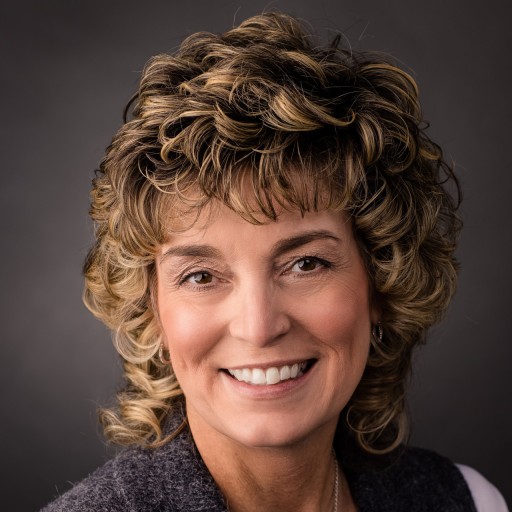Compassionate Care Close to Home.
An inpatient stay can understandably come with some anxiety, but the compassionate providers at Culbertson Memorial Hospital dedicate themselves to providing outstanding, round-the-clock patient care with a multifaceted team of physicians and nurses. Culbertson Memorial Hospital hosts 22 beds offering privacy and comfort along with easy access to the hospital’s nursing staff.
24/7 Care
The Culbertson Memorial Hospital hospitalist program ensures patients receive continuous, comprehensive, personalized care during their inpatient stay. Care is managed by a hospitalist, who collaborates with a direct care team consisting of providers from nursing, pharmacy, laboratory, imaging, therapy, and discharge planning, in addition to medical specialists as needed.
 |
Hospitalists lead the hospital medical team, coordinating care for inpatients 24 hours a day. This includes examining patients as they’re admitted and ordering X-rays, diagnostic tests, and other lab work. Hospitalists may also examine test results, order treatments and medical services, and prescribe medications. Because most hospitalists are trained in internal medicine, they’re uniquely qualified to treat a wide range of conditions, though specialists may be referred in some cases. Culbertson’s dedicated inpatient hospitalist, Betsy Birdsley, APRN, has more than 24 years of critical care experience, offers excellent patient assessments, and provides holistic, evidence-based care. |
Some advantages of the hospitalist program include:
- Hospitalists may have more expertise in caring for complicated inpatients daily.
- Hospitalists may be more available throughout the day to meet with family members, follow up on tests, answer nurses’ questions, and handle any additional issues that may arise.
- Hospitalists may see a patient more than once a day to assure care is going according to plan.
To ensure around-the-clock care, Culbertson partners with Concord Medical Group, offering telehospitalist support whenever Betsy is not on duty. This service allows licensed providers to directly evaluate patients through telemedicine visits, enables oversight of patient conditions, ensures quality of care, and allows the nursing staff to communicate directly with the provider when there are changes in a patient’s condition. Though the Emergency Department will still be staffed 24/7 with an MD who can provide hands-on care to inpatients when needed, this change will allow for more focused care both in the ED and our inpatient population.
The telehospitalist partnership also allows physicians and nurses to collaborate directly with the patient, who can see firsthand the integration of their care team. Thanks to HIPPA-compliant technology using HD cameras and microphones, nurses may assist with examination maneuvers, address concerns and complaints, and discuss care plans with the provider present onscreen instead of relaying the information later. Physicians may also use a digital stethoscope to examine cardiopulmonary functions without being present in the room. Providers are also able to follow up overnight on any treatment plans and testing ordered during the day, allowing quicker changes should new issues arise. This in turn leads to shorter stays and improves patient satisfaction.
During your stay, both the hospitalists and telehospitalists are in regular contact with your primary care provider with updates on your progress. The hospitalists and your primary care providers work as colleagues and partners, communicating at the time of admission and discharge to ensure no information is dropped at the time of transitions.
During admission…
If a hospitalist is needed at the time of your admission, they will speak with your primary care provider, who will then communicate as much information about your medical history as possible. For patients who do not have a primary care provider, the hospitalist will solely handle your care while you are admitted. They will review any past medical records you may have at the hospital and will gather information from you and your family. Your hospitalist will use this information to help provide you with the best possible medical care.
During discharge…
When you are discharged from the hospital, the hospitalist who cared for you will send detailed records to your primary care provider providing a detailed account of your hospitalization and further treatment needs and facilitate arrangements for follow-up. The hospitalist will provide prescriptions when you leave the hospital and will also let you know when you should see your primary care provider.
Rebuild Your Strength
Need time to rebuild your strength after an inpatient stay? The Culbertson Swing Bed Program is a transitional care program for qualified patients who have been hospitalized for acute conditions and aren’t quite ready to return home on their own. Using round-the-clock skilled nursing care and rehabilitation services, providers review each patient’s personal needs to set individual goals to regain their independence and return home safely.
